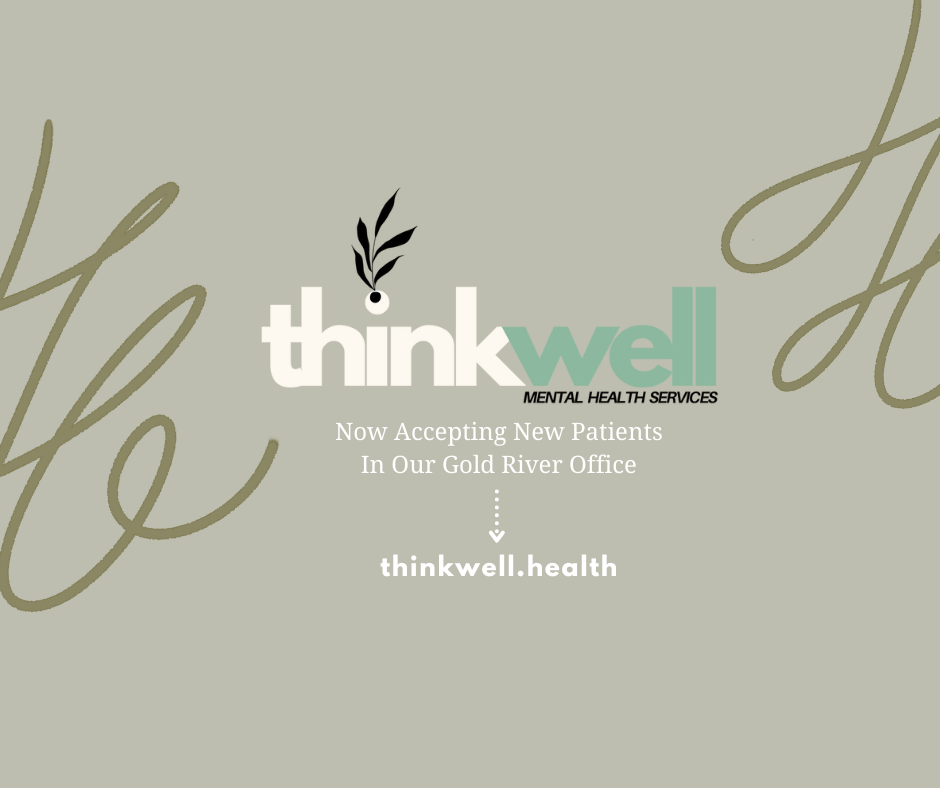Nurturing Positive Relationships for Improved Mental Health with Therapy
In today’s fast-paced and interconnected world, it is becoming increasingly important to prioritize our mental health. While there are various ways to reach a state of emotional well-being, nurturing positive relationships has emerged as a powerful tool, often complemented by therapy, to improve mental health.
A cornerstone of our happiness lies in the quality of our relationships. Whether they are with family, friends, or romantic partners, positive connections can greatly influence our overall well-being. Research consistently shows that individuals with strong social connections tend to live longer, experience lower levels of stress, and have better mental health outcomes.
One method to enhance these relationships is through therapy. Therapy offers a supportive environment where individuals can discuss their emotions, work through challenges, and learn effective communication skills. It equips individuals with the tools needed to build and maintain healthier relationships, which positively impacts mental health in several ways.
Firstly, therapy provides a safe space to explore and process one’s emotions, which can be crucial for building healthy relationships. It allows individuals to gain self-awareness, understand their emotional triggers, and develop more effective coping mechanisms. By working through personal issues, therapy helps individuals avoid projecting their own emotional baggage onto their relationships, leading to less conflict and greater emotional stability.
Secondly, therapy helps improve communication skills. Effective communication is vital for nurturing positive relationships. Therapy assists individuals in recognizing how their words and actions affect others, fostering empathy and understanding. It also aids in enhancing active listening skills, allowing individuals to better comprehend and respond to the needs of their loved ones. By improving communication, therapy facilitates healthy dialogue and decreases misunderstandings between individuals, fostering stronger bonds.
Moreover, therapy can address patterns of behavior that hinder relationships. Negative behaviors such as impulsivity, aggression, and anger management issues can strain relationships and negatively impact mental health. Therapy helps individuals identify and modify these detrimental patterns, promoting healthier interactions and more positive connections.
Therapy can also be beneficial when relationships face challenges such as conflicts, infidelity, or major life transitions. It provides a neutral third-party perspective, offering guidance and support to individuals navigating difficult situations. By helping individuals explore their emotions and facilitating open communication, therapy can help repair and strengthen relationships.
In conclusion, nurturing positive relationships is vital for improved mental health, and therapy can be a valuable tool in this endeavor. With therapy, individuals can gain self-awareness, learn effective communication skills, and address detrimental behavioral patterns. By investing in relationships and seeking therapy when needed, individuals can experience enhanced mental well-being and lead more fulfilling lives. It is important to remember that building positive relationships takes time and effort, but the benefits reaped are truly worth it.
************
Want to get more details?
Thinkwell
https://www.thinkwell.health/
279-786-7534
2937 Gold Meadow Way, Gold River, CA ,95670
Hello! My name is Kateri Ross and I am a Licensed Marriage and Family Therapist (LMFT) based in the Sacramento area of California. I work with adolescents and adults specializing in anxiety, depression, trauma, stress, anger, relationship issues, life transitions, and physical health issues. I utilize an array of therapeutic modalities based on what is the best fit for my clients’ needs and goals.
I primarily implement Cognitive Behavioral Therapy, as well as Dialectical Behavioral Therapy, Solution-Focused Brief Therapy, Strength Based Therapy, and Motivational Interviewing to help my clients navigate through challenges, explore and process difficult emotions, build resilience, and foster growth.
My approach to therapy is “person-centered” and is tailored to match the individual needs and goals of each client, ensuring therapy feels personalized and relevant to you.

